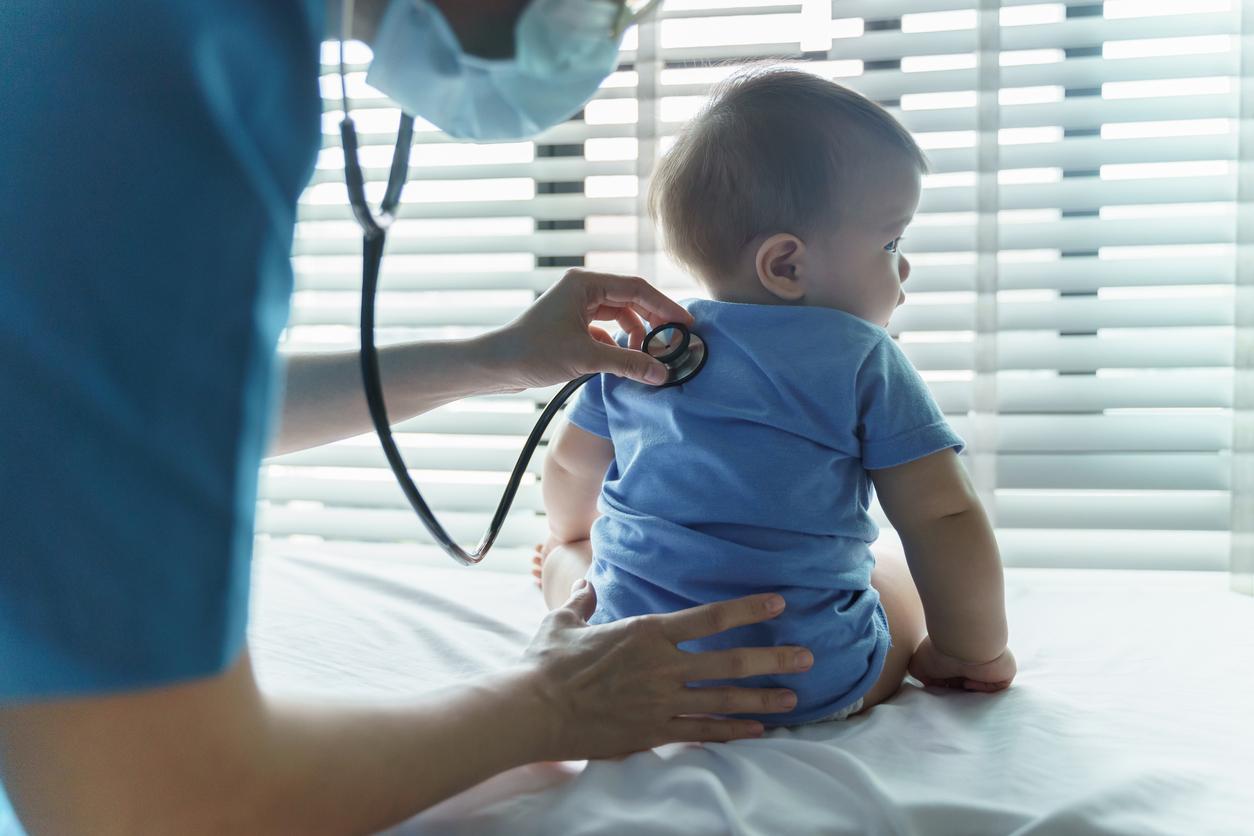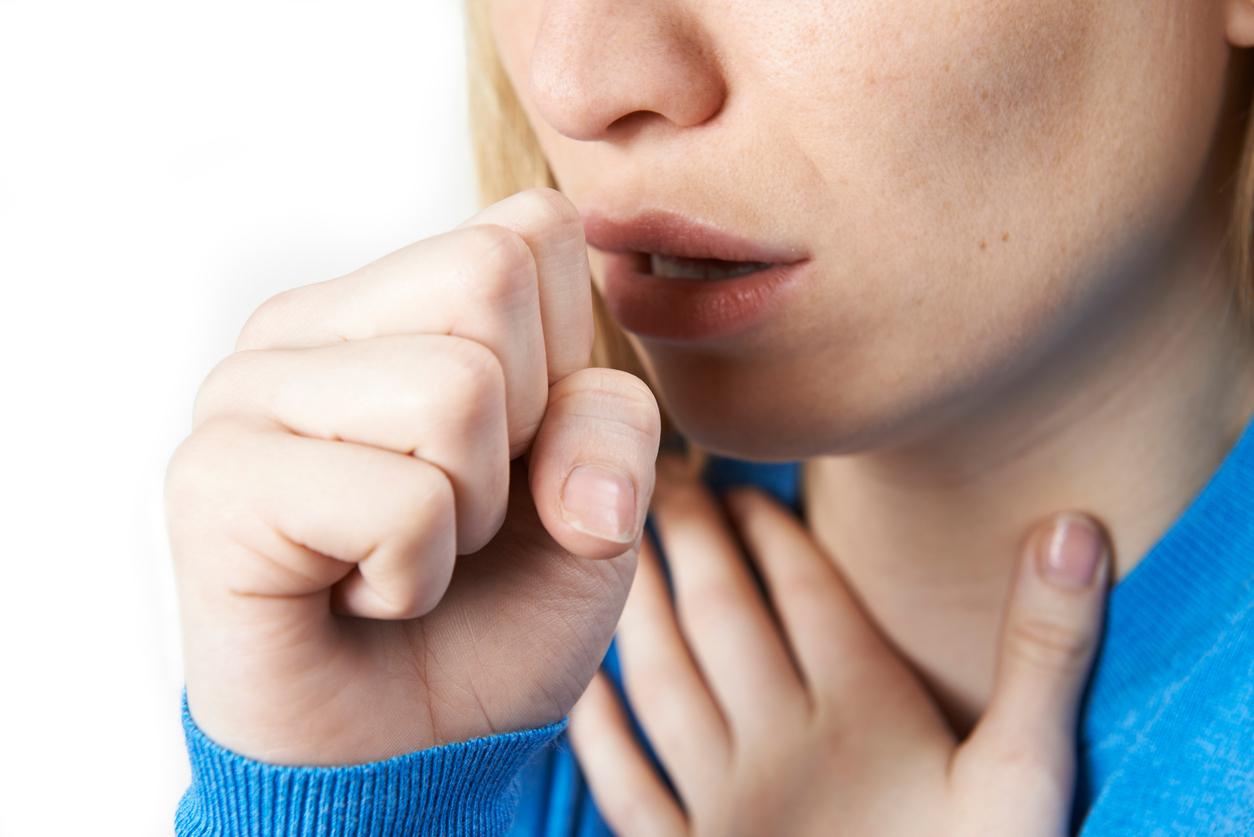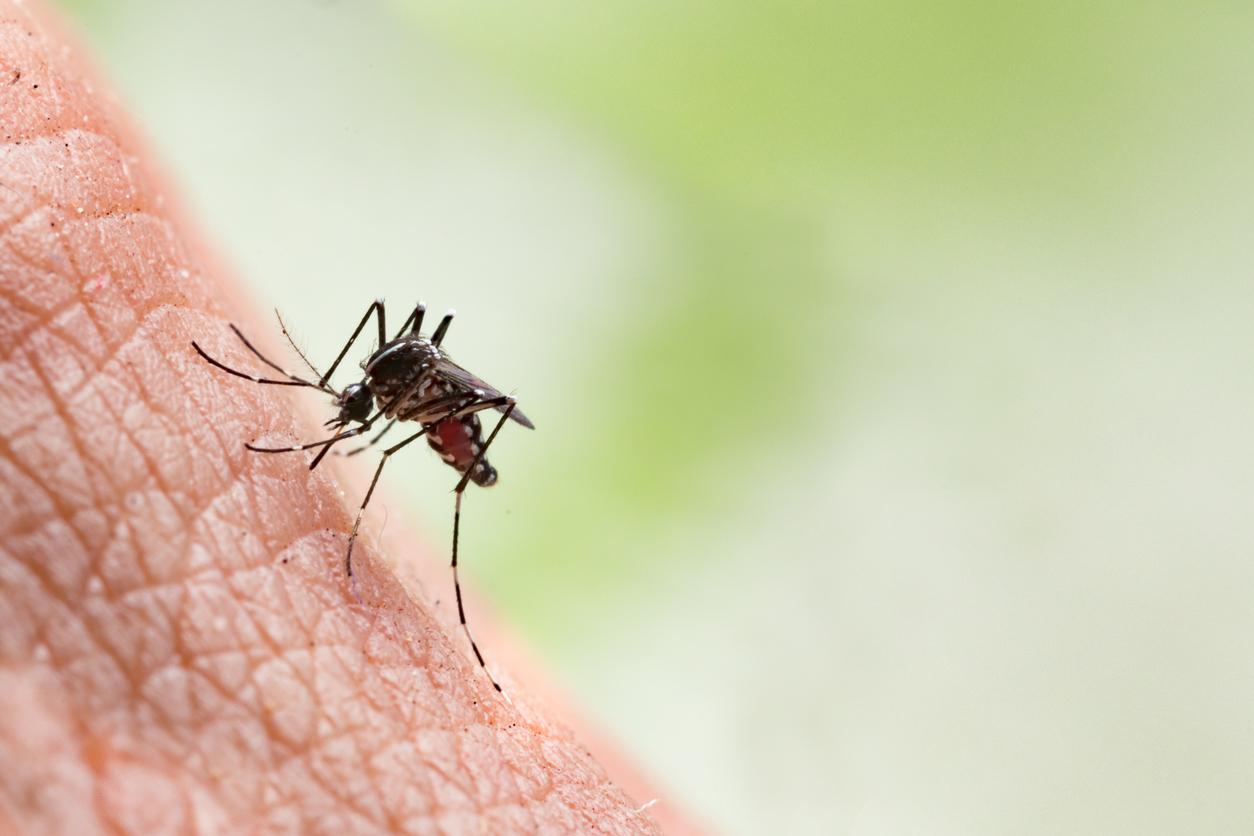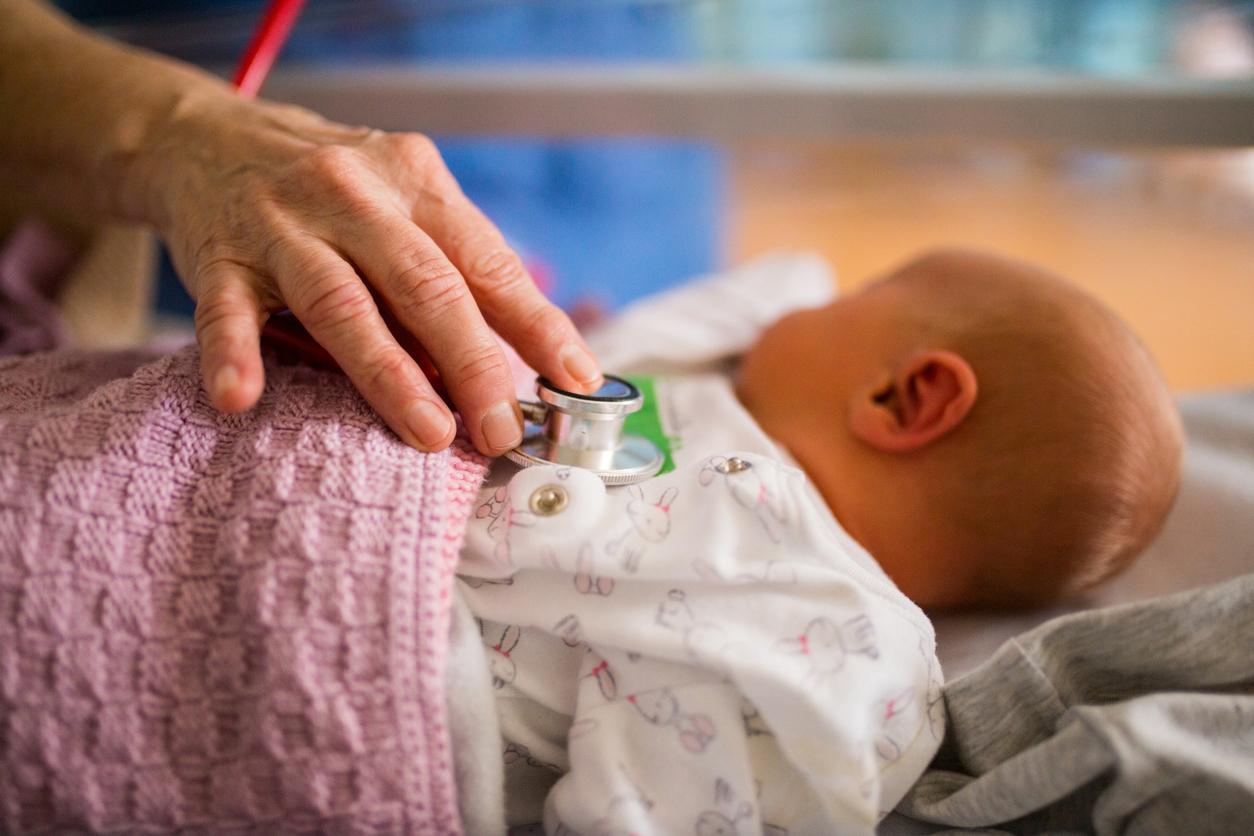As a parliamentary report pointed out in December 2020 which pointed to the “deleterious” effects that the coronavirus crisis had on them, young people are suffering. Why Doctor gives them the floor, and also to those who listen to them and accompany them. Today, Jean Petrucci, one of the clinical psychologists who created the Ecoute Etudiants website.
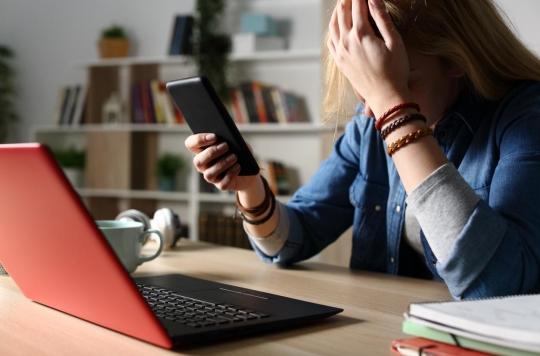
They belong to the categories least at risk from Covid-19 and yet they are also real victims of the health crisis. Upset student paths, complicated integration into the world of work, disappearance of many odd jobs and internships, precariousness, social life prevented: young people are doing badly. Why doctor met one of those who brings them help: Jean Petrucci, clinical psychologist and founder of the Ecoute Etudiants website.
Why doctor – What are the symptoms of psychological malaise in French students?
John Petrucci – The problem is very different depending on the students. But overall, they feel anxiety and depression. They also suffer from sleep disorders, concentration and motivation, with fewer desires and pleasures. There is also an insidious despair that has taken hold of some young people, with an inability to project themselves into the future.
Why are the students doing so badly?
Students suffer from several things. First of loneliness, with confinements, curfews and distance learning. Then, for some, precariousness, due to the cessation of odd jobs. There are also young people who have to deal with the bereavement or illness of family members affected by Covid-19. In addition, the fear of repeating one’s year of study is also present, because without an internship, many cannot validate their course. Finally, not being able to project oneself into the near or distant future (outings with friends, dating, job interviews, etc.) arouses anxiety. For some, the distressing factors are cumulative, and they really have a hard time coping.
What support do you offer for students who call?
We first suggest that they make a point, because it is sometimes difficult to put words to their situation. Depending on the psychological state of the student, we can direct him to exercises to do at home, teleconsultations with psychologists (there are three free consultations accessible via the Listening to Students), or, if there is really extreme discomfort, to the emergency room. Some are also referred to taking anxiolytics or antidepressants, with the help of a clinician competent in the matter.
What are these practical exercises?
They are advised practical exercises that they can do alone at home, even if it is a small living space. It is for example relaxation exercises, meditation and sleep management, rhythms or motivation. The goal is to try to maintain a lifestyle as normal as possible, despite the health context.
What are the expectations of students today?
What stands out is really the idea of consideration for the future and the lack of projection. There is also the desire to resume face-to-face classes, with a misunderstanding of doing everything remotely. Concern about the validity of diplomas is also important.
The desire to resume social and cultural activities is also very strong, because current student life does not correspond at all to what we imagine. Young people feel like they are missing out on their youth.
Has the health crisis changed the consideration of students in France?
It is a little early to make an observation, but this health crisis has highlighted the fragility of youth and the precariousness of some students, especially since the start of the school year in September. The differences in situation are more visible, with young people surrounded by their families and others who are really isolated, without enough resources to get by.
While last spring, young people were a little forgotten, even singled out, we see today that they also have their share of suffering in this health crisis.
What do you think of the “psy checks”, offered by President Emmanuel Macron?
It is an additional measure which is good to take.

.









